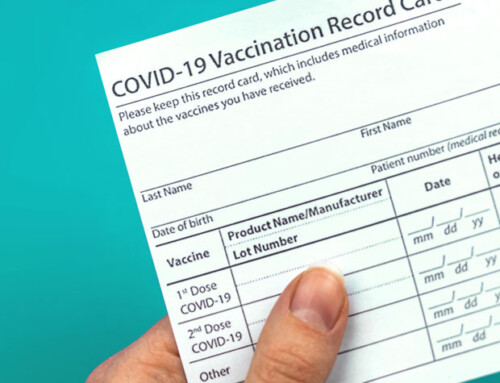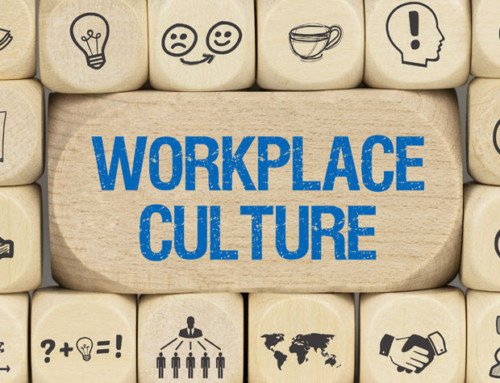Empathy, that uber-noble source of human connection, is really about other people’s shoes: standing in them, walking a mile in them, commiserating with the cobbler’s children who lack them and are forced to wear chartreuse Crocs. Whereas sympathy is cognitive (“I see you’re suffering and understand why.”), empathy has both cognitive and emotional elements (“I see you’re suffering and share your pain because I’ve been in your blister-busting footwear.”)
Moreover, fully experienced empathy leads to action (“I know what those blisters feel like and I’m doing something to alleviate the pain. Here, take this new pair of Nike trainers.”). In a study of physicians at a California hospital, the researcher emphasized that empathy goes beyond merely listening to patients and having a touchy-feely bedside manner. A truly empathetic doctor gives meaningful assistance to the patient – shortening hospital stays, reducing intrusive testing, prescribing less expensive medication.
Steve Jobs, the guy who (with a few other clever people) invented the smartphone and thereby made your life (and himself) a lot richer, famously said that empathy is more important than market research when it comes to understanding customers: “A lot of times, people don’t know what they want until you show it to them.” He wasn’t talking about selling people things they don’t need. Rather, he meant knowing people so well – maybe better than they know themselves – that you can anticipate their needs and provide a product they hadn’t imagined for themselves. Without Apple’s empathy-based insights, our phones might never have evolved beyond landlines in enchanting designer colors.
The same principle applies to understanding the needs of those internal customers we call employees. (See “Human Resources and the Emerging Employee-Consumer” and “Treat Your Employees as Consumers” in the Article Archive for my thoughts on employees as consumers.). If Steve Jobs was right, empathy reveals which elements of the total rewards deal bring the greatest fulfillment for people in organizations. Many companies do employee engagement and satisfaction research. These instruments can provide useful insights into workplace attitudes and perspectives. But organizations must also realize that employees can only answer the questions that surveys ask. Hence, their responses are limited to the topics that HR and leadership think are important enough to query. What about factors that surface in the context of each person’s workday triumphs and frustrations? These may never find their way onto the annual survey. As in medicine, diagnostics usually target specific concerns and aim to answer clearly delineated questions. If you’re looking for a lung tumor, you may not find evidence of a respiratory virus.
Empathy ennobles the those who feel it and benefits those who receive it, but what good does it do a company? Meetings may feel kinder and gentler (and maybe end sooner) but how much does empathy matter for organizational performance? A lot, according to Businessolver’s 2020 State of Workplace Empathy survey. Almost three-quarters of survey respondents said they would work longer hours for an empathetic employer, and 80 percent said they would switch companies for equal pay if the employer were more empathetic.
That’s were good managers come in. When asked who has the greatest impact on building a culture of empathy, the number one response from respondents to the Businessolver survey was “my manager.” Not the CEO, not HR, not the guy in the parking garage – the manager. So how do you increase empathy in your manager ranks? And how do you expand a fundamentally individual trait to inform a company’s culture? Stay tuned to Part 2 for some thoughts on these questions.
Sources:
Shapiro, Johanna, “How Do Physicians Teach Empathy in the Primary Care Setting?” Academic Medicine, Vol. 77, No. 4, April 2002, p. 324.
Businessolver, 2020 State of Workplace Empathy – Executive Summary, pp. 3, 6.







